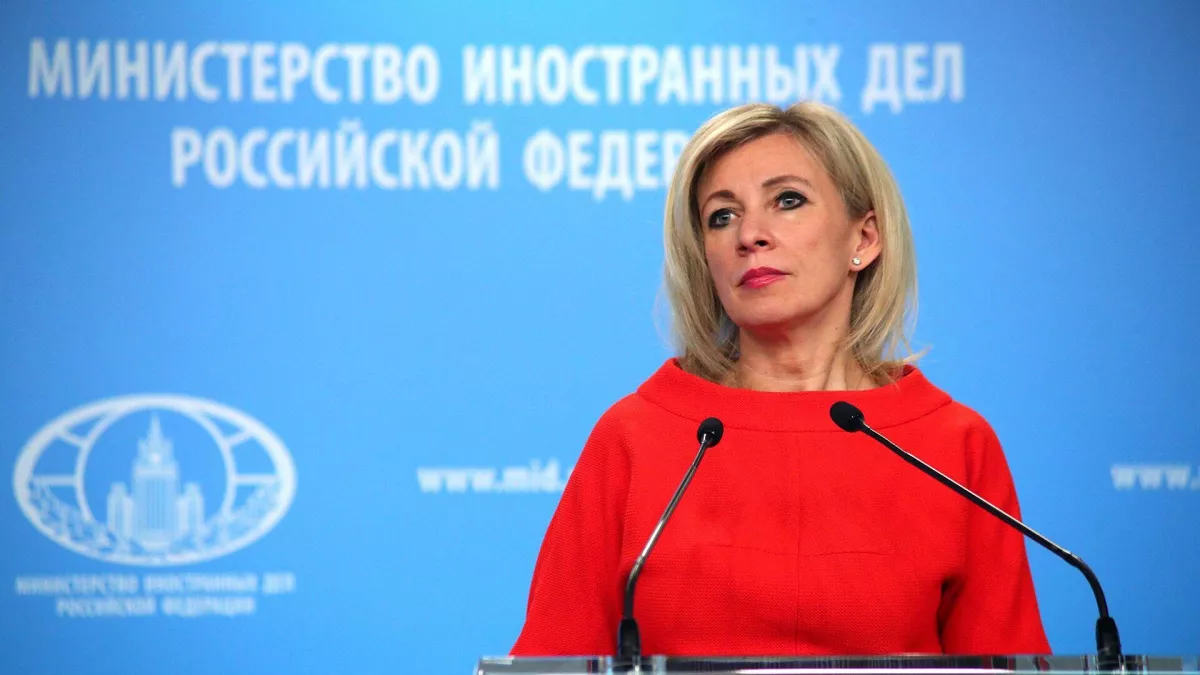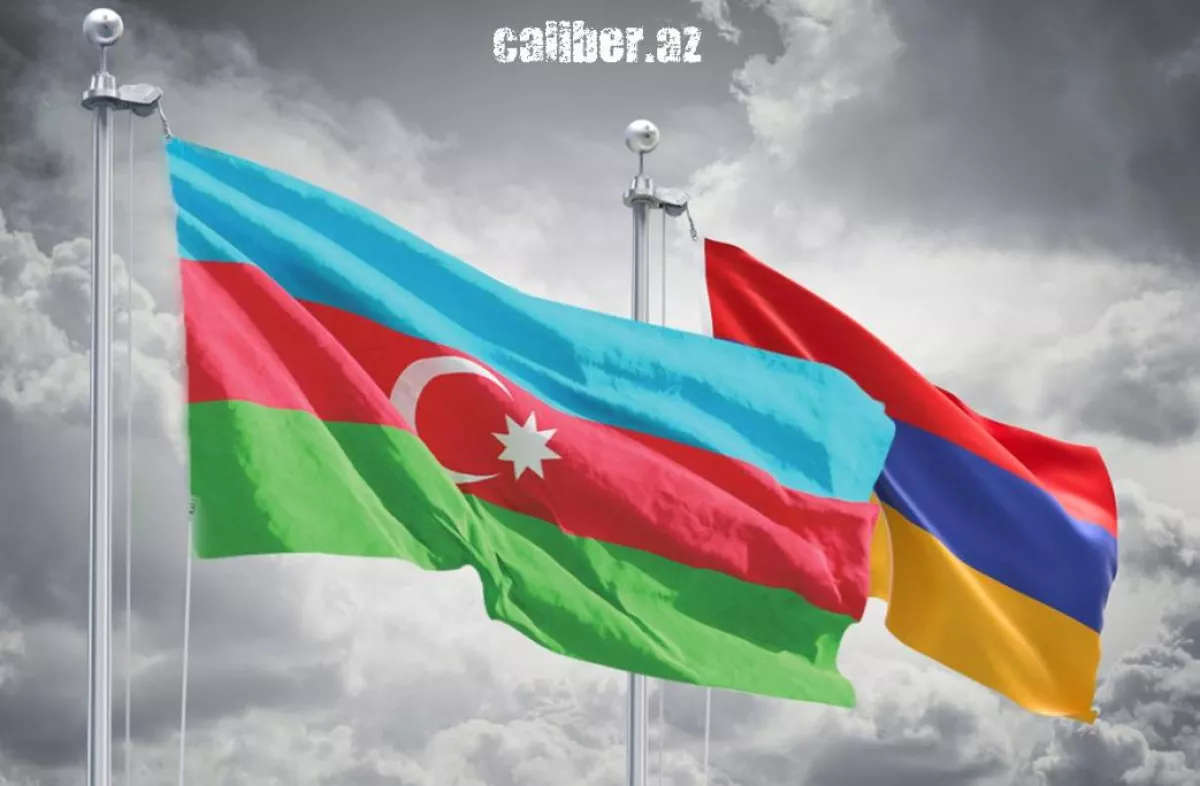Moscow versus peace in the South Caucasus: Not all embrace the winds of change
The outcome of the recent meeting between the leaders of Azerbaijan and Armenia in Washington, attended by Donald Trump, has predictably sparked discontent among such regional actors as Russia and Iran. Commenting on the Joint Declaration signed by Ilham Aliyev, Nikol Pashinyan, and Donald Trump, as well as the initialling of the text of the “Agreement on the Establishment of Peace and Interstate Relations between the Republic of Azerbaijan and the Republic of Armenia” by the foreign ministers of the two countries, Russian Foreign Ministry spokesperson Maria Zakharova stated that the meeting of the Azerbaijani and Armenian leaders in the United States deserved a positive assessment. However, she could not resist adding a note of criticism, pointing out that until recently, Baku and Yerevan had claimed they preferred to conduct dialogue directly, without outside assistance.
There is no doubt that the negative reaction from Russia is primarily driven by Moscow’s concerns over the rapprochement of the two South Caucasus states with the United States. Russia, which has traditionally regarded Yerevan as its regional stronghold, fears losing its position in Armenia once and for all. It is therefore unsurprising that the trilateral summit in Washington was unequivocally perceived in the Kremlin as a blow to Russian interests.
In addition, Russia is extremely displeased that its mediating role in the Armenian-Azerbaijani negotiation process has been overtaken by the United States. Hence the periodic reminders from the Russian side that the settlement between Armenia and Azerbaijan began with Russia’s assistance and under its central role. And this message is directed by Moscow not only to Baku and Yerevan, but also to the West.

In this context, another important nuance deserves attention. Following the Washington meeting, Russia, as a political tool to influence Armenia and Azerbaijan, reminded them of the factor of regional players — namely Iran and Türkiye — which, in the Kremlin’s view, have a direct bearing on processes in the South Caucasus.
“The optimal solution for addressing the problems of the South Caucasus lies in seeking and further implementing decisions developed by the countries of the region themselves, with the support of their immediate neighbours — Russia, Iran, and Türkiye. The involvement of external players should work to strengthen the peace agenda and not create additional difficulties or divisions. We would like to avoid the unfortunate experience of Western involvement in conflict resolution in the Middle East. An example in the South Caucasus is the presence of the EU’s monitoring mission in Armenia, whose activities constantly provoke irritation among other regional actors,” Maria Zakharova noted in her comment.
It is clear that this statement by the Russian Foreign Ministry spokesperson is aimed at attracting the attention of Türkiye and Iran. However, it is important to note that the positions of these two states on Armenian-Azerbaijani normalisation are far from identical — if not outright opposed. Türkiye fully supports Azerbaijan, advocates the opening of the Zangezur Corridor, and calls for the swift normalisation of relations between Baku and Yerevan, regardless of the specific track on which the peace treaty is signed.
For its part, Tehran sees this prospect as contrary to its interests. For example, the President of the Islamic Republic of Iran, Masoud Pezeshkian, recently stated that Iran supports the implementation of the Zangezur Corridor, provided it does not violate the territorial integrity of the countries in the region, while at the same time expressing concern over the involvement of American companies in its construction.
Also noteworthy are the sharp remarks made by General Sardar Jaavani, Deputy Political Commander of the Islamic Revolutionary Guard Corps, regarding the Washington meeting.
“It is absolutely clear that Iran, Russia, and India will not remain silent in the face of this destructive event. Both Azerbaijan and Armenia are, in a certain sense, regarded as Russia’s security borders, and accordingly, the Russians will never tolerate the presence of the United States and NATO — in any form and under any name — within their security borders,” he stated.
However, Moscow and Tehran fail to take into account a very significant factor: neither Iran nor India have ever been participants in the normalisation process, and Russia has now completely lost its role as a mediator.

Moreover, as early as March 2025, Armenia and Azerbaijan announced that they had finalised the peace treaty and were ready to sign the document. Yerevan only needed to meet Baku’s reasonable demands — to give official consent to the dissolution of the OSCE Minsk Group and to amend its constitution to remove territorial claims against Azerbaijan. As demonstrated by the results of the trilateral meeting in Washington, the legitimate position of the Azerbaijani side received strong support on the American negotiation track. The initialling of the peace agreement between Azerbaijan and Armenia confirmed the fact that Yerevan will make the required amendments to the country’s constitution.
As President Ilham Aliyev stated in a recent interview with representatives of Azerbaijani media, once amendments are made to Armenia’s constitution, the peace agreement can be signed at any time.
“…If Azerbaijan and Armenia have initialled the peace agreement, its official signing should not be delayed,” he said.
With these words, the head of the Azerbaijani state summed up the Washington meeting with a logical and indisputable conclusion.








